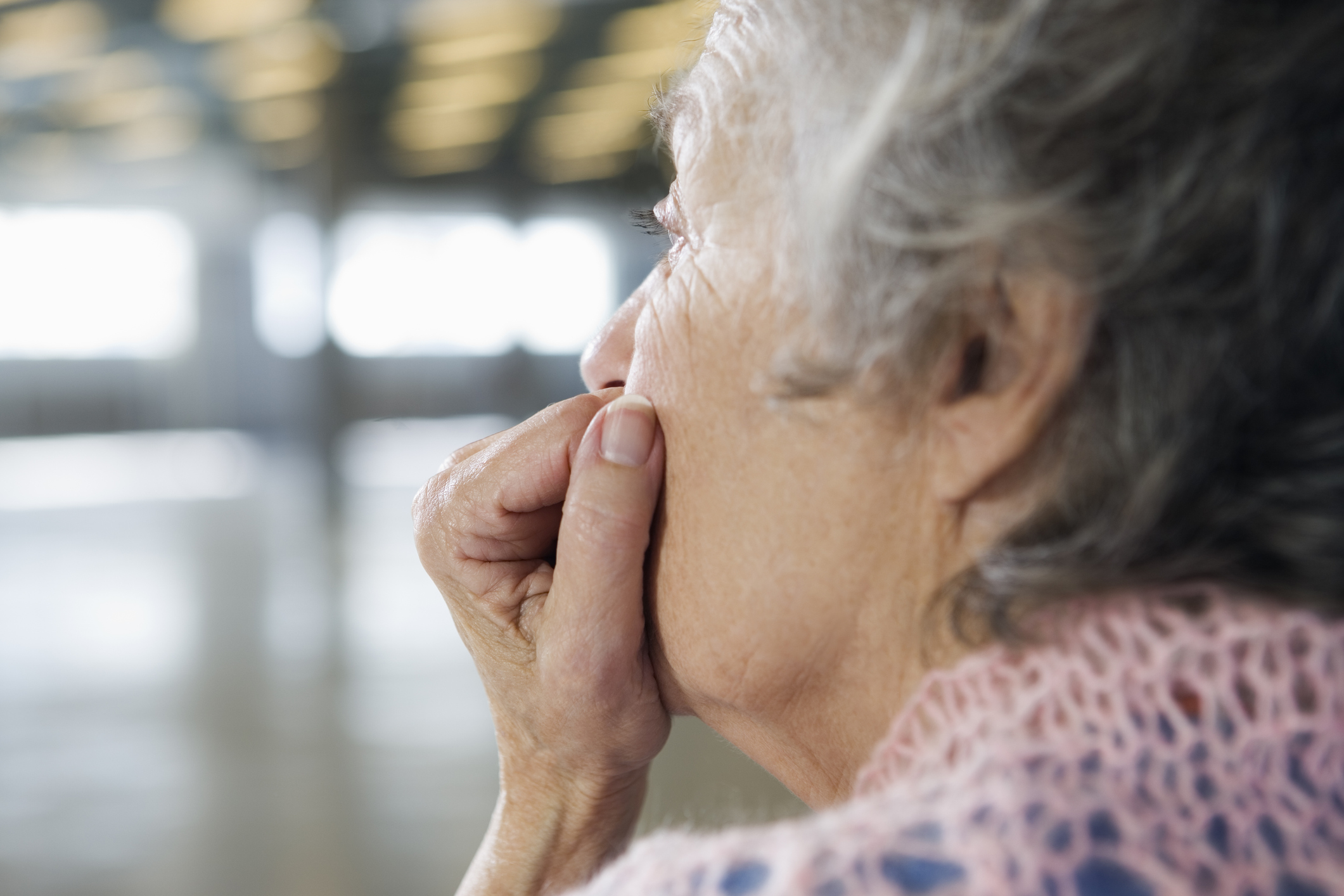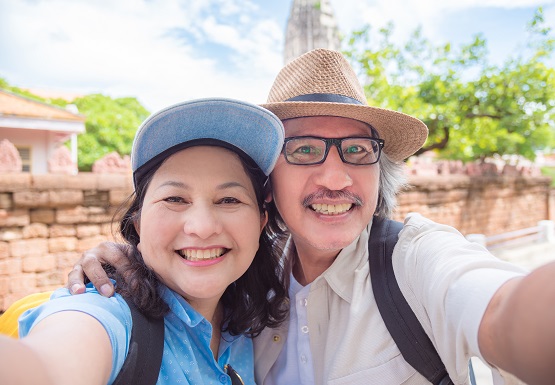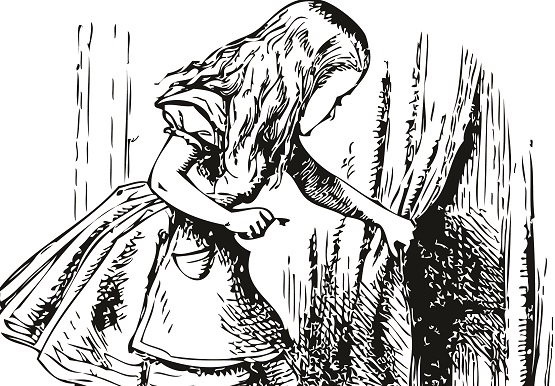Overcoming the Blues

Good physical health is important but seniors must not neglect their mental health too. Psychiatrist Dr Ko Soo Meng shares tips on preventing and managing depression among seniors.
What are the common causes of depression among our elderly?
There is no single cause for depression. Many factors including genetics, chemical imbalance, stress such as life events, physical illness and negative thinking patterns can all play a role in triggering a depressive state in anyone. For the elderly, physical illness and exit events are of particular concern. These include retirement, loss of social status and role, loss of income, social isolation and loneliness, and bereavement. These tend to threaten their psychosocial equilibrium. Finally, chronic and excessive consumption of alcohol has also been associated with depression in late life.
What are some early signs of depression in the elderly that we should look out for?
Besides feelings of dejection, hopelessness, helplessness and unworthiness, depressive disorder in the elderly often manifests physiological symptoms. These include diminished energy level, fatigability, impaired concentration, memory difficulties, poor appetite and weight loss, and vague physical complaints not caused by organic factors like bodily aches, headaches, numbness and weakness of limbs, and chest and abdominal discomfort. What is more worrying is that depression is a risk factor of late-life suicide.
To look out for early signs, refer to this useful acronym for depressive disorder:
D – Depressed Mood
E – Energy low or loss
P – Pleasure loss, interest and enjoyment low
R – Retardation / slowing down
E – Eating / Appetite changed
S – Suicidal ideas or gesture
S – Sleep disturbance
I – Impaired concentration
O – “Only me to blame” Guilt
N – Negative thoughts
How common is depression among our elderly?
In an earlier community study of more than 600 Chinese aged 65 years and older living in Singapore, the overall prevalence of depressive disorder was about 6 %, making it the commonest psychiatric disorders among the elderly. A subsequent study in 2011 reported a prevalence of 3% amongst elderly in Singapore.
Many people are still unable to accept the social stigma of being diagnosed with depression. If we suspect that an elderly loved one may have depression but refuses to seek treatment, what should we do?
A common presentation among elderly with depression is frequent somatic complaint without physical cause, also termed as somatization. Initially, such complaints can be used as a platform to engage the depressed elderly for treatment. Once a therapeutic alliance is established, psychosocial issues can be addressed.
A holistic biopsychosocial approach, including treatment with antidepressants, psychological therapies, social support and community services, is necessary in helping the depressed elderly recover. Family support is crucial as loneliness is a known factor is perpetuating depression. The Seniors Helpline by SAGE (Singapore Action Group of Elders) offers the lonely elderly an avenue to speak with a professional counsellor over the phone (Tel 1800-555-5555) yet maintains anonymity, as many elderly do not wish to wash their dirty linens in public.
How can we prevent depression among our elderly?
Being actively involved even when one has retired helps mitigate the loss of roles. Having a hobby or learning new things (such as painting or gardening) will also provide a sense of well-being and self-worth. Exercise and social interaction are known protective factors. Finally, the practice of spirituality including active religious engagement is also negatively associated with depression.
In any society, the suicide rate is highest amongst the elderly, especially among those who are depressed. Thus, it is important to recognise old age depression and implement intervention early to avert such a consequence.
Article contributed by Dr Ko Soo Meng, Senior Consultant Psychiatrist
Mount Alvernia Hospital
Medical Centre Block A, Unit #06-02
Tel: (+65) 6356 9633
Note : Please note that health information is provided to supplement the care provided by your doctor. It is not intended nor implied to be a substitute for professional medical advice. Always seek the advice of your physician if you have any questions regarding a medical condition.



